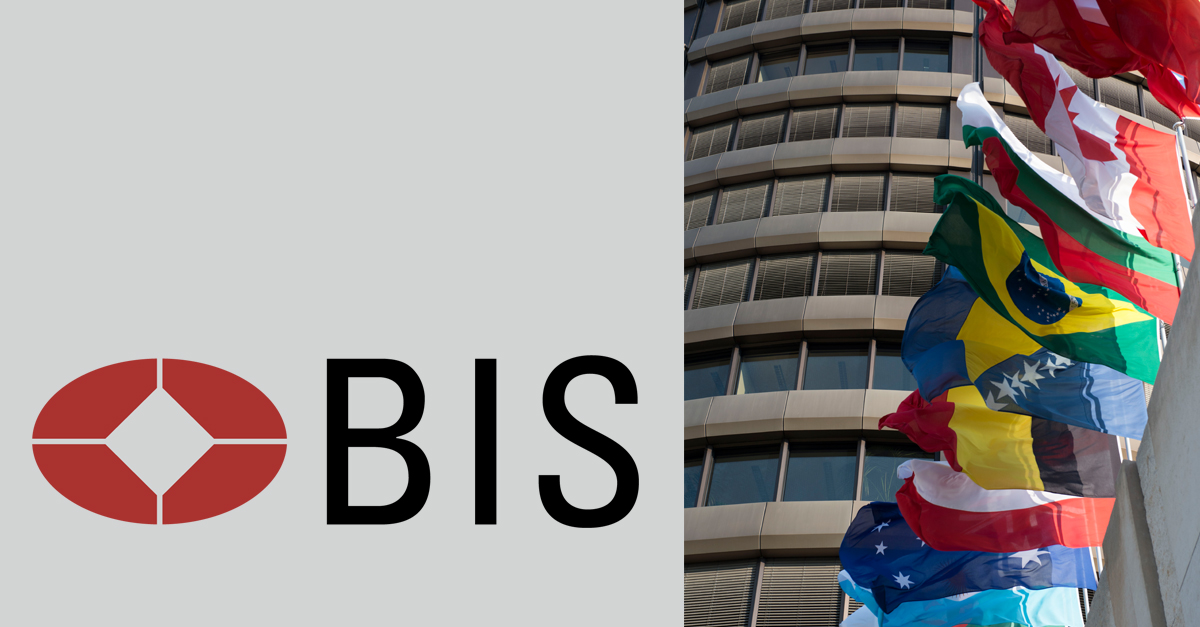China plans to accelerate the creation of a development bank and set up an international platform for energy cooperation, Chinese President Xi Jinping announced Monday at a summit that represents an emerging challenge to U.S. global leadership with the participation of Russia and India.
Russian President Vladimir Putin and Indian Prime Minister Narendra Modi were among the leaders meeting in Tianjin, in northern China, for the annual summit of the Shanghai Cooperation Organization. The security forum was originally seen as a foil to U.S. influence in Central Asia and has grown in size and influence over the years.
Xi is attempting to expand the scope of the SCO. He announced initial plans for a development bank run by the organization, introduced a cooperation platform for green and energy industries and pledged $1.4 billion in loans over the next three years to the organization’s members.
Xi also said he was opening the way for SCO member states to use China’s BeiDou satellite system, an alternative to the GPS system controlled by the U.S.
Putin expressed support for Xi’s initiatives, saying he believes the SCO “could take on the leading role in efforts to form a more just and equal system of global governance in the world.”
Laos joined the SCO as a partner, a designation short of full membership, Chinese Foreign Minister Wang Yi told reporters. The combined group of members and partners has reached 27, representing countries in Central and Southeast Asia, along with China, India, Russia, Iran and others.
China on message
...
Founded in 2001, the SCO now includes Russia, Belarus, China, India, Iran, Kazakhstan, Kyrgyzstan, Pakistan, Tajikistan and Uzbekistan. Afghanistan and Mongolia are observer states, and 14 other countries, including several from the Middle East, serve as “dialogue partners.”
...






